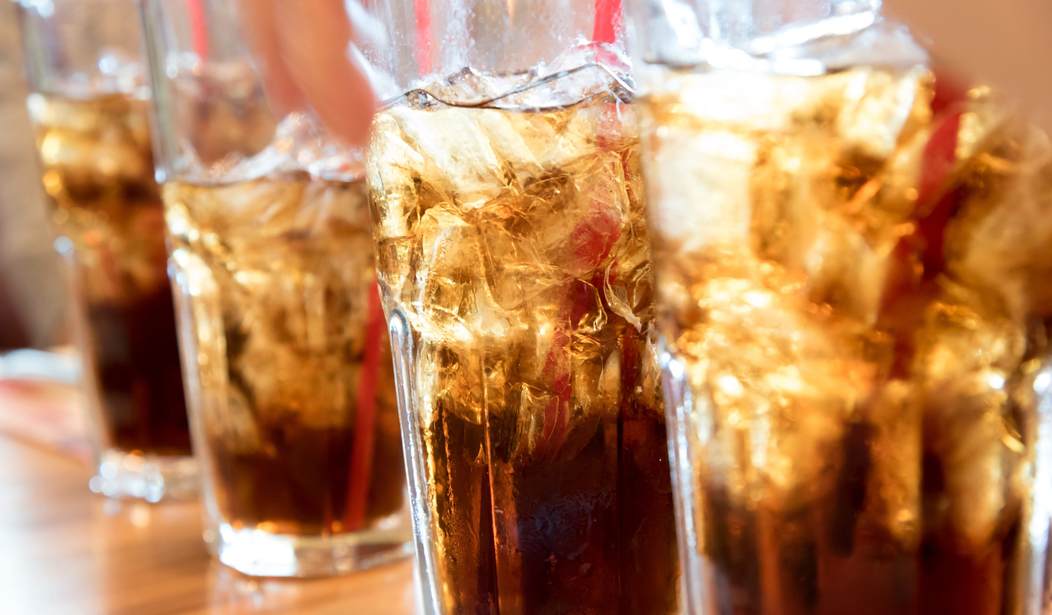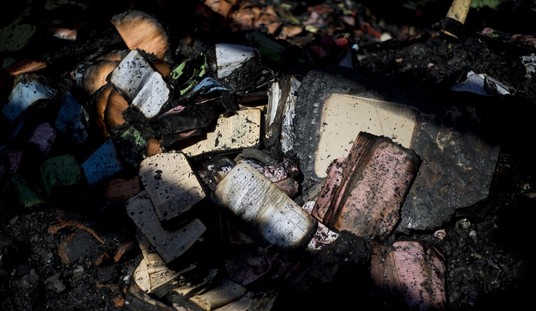Philadelphia passed a soda tax last summer, slapping a 1.5 cent per ounce increase on the beverage to dissuade residents from soda-drinking behavior their betters deemed “undesirable.”
The beverage industry opposed the tax and now the city is experiencing some unintended consequences.
Since this tax has gone into effect on Jan. 1, consumption of the sweet drinks is off by as much as 50 percent, according to retailers, and companies involved in getting these drinks to consumers are reporting huge losses and announcing layoffs.
Since it is a volume-based tax, its proportional impact on beverage bills vary wildly, with single-serve cans at supermarkets and restaurants being affected in a small way, while cash-pinched purchasers of cheaper store-brand 2-liter bottles are seeing prices nearly double.
Last week, PepsiCo blamed a 43 percent drop in business on the new tax and announced it would be laying off 80 to 100 area employees (out of 423) over the next few months. Similarly, Canada Dry gave pink slips, effective March 5, to 25 of its workers. Retailers are also feeling the pinch, with Jeff Brown, owner of Brown’s Super Stores, saying he expects to ax 300 employees at his company’s six Philadelphia ShopRite stores this spring.
The good news is that “the city reports that it raised $5.7 million, or more than double its forecast, in January alone, from the tax.” Where is the tax money going?
Some of this money has been used to fund expanded pre-K, and the city fired back at the PepsiCo layoff announcement in part by pointing to the roughly 250 teachers and support staff jobs created under the program.
What kind of tradeoff is this? What about the lost jobs? How will these unemployed workers support their families? Is it the job of the government to decide which industries are worthy and punish those who work elsewhere?
Anthony Campisi of the American Beverage Association, one of the major opponents of the beverage tax, says the economic woes brought on by the measure are enough to outweigh any benefits touted by the city. “Distributors like Canada Dry are off about 50 percent year-on-year,“ he says. “The 20 percent increase in suburban sales we’re seeing (as shoppers cross city lines to save money) is far from enough to make up for that.”
Folks aren’t giving up their soda, they are just driving elsewhere to buy it without the tax added. Is the “cost” of this tax really worth it to the city, to force their residents on to the unemployment rolls? What’s THAT cost?









Join the conversation as a VIP Member